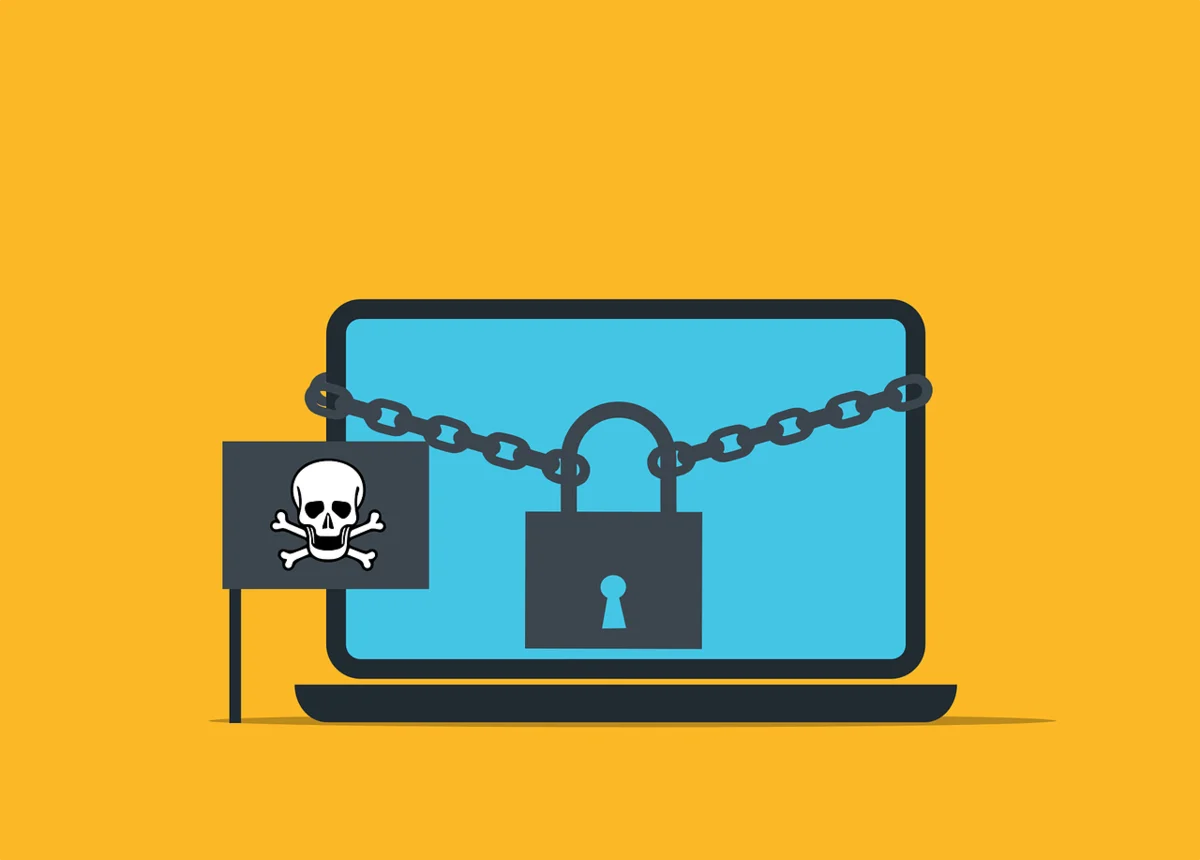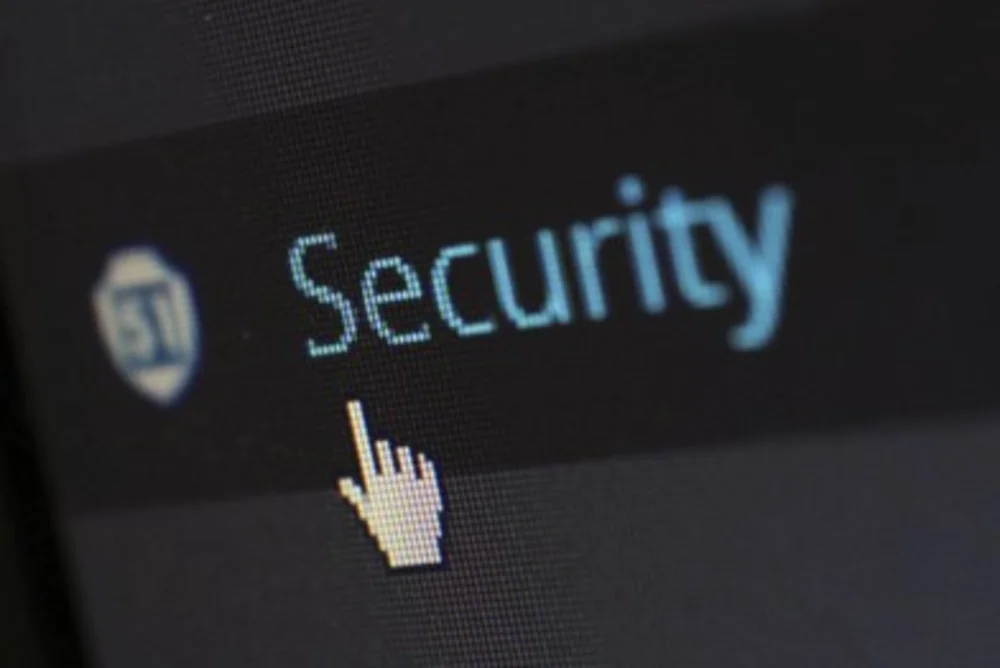5 things you can do to protect your privacy
The world is a dangerous place, and it’s getting more so all the time. As we become more dependent on technology to run our lives, it’s also getting easier for hackers and other malicious actors to get access to our most sensitive data. It doesn’t have to be this way—you can take back control of your personal information with a few simple steps. Here are some tips everyone should know:
Use multi-factor authentication.
If you haven’t heard of multi-factor authentication, it’s the process of using two or more forms of identification to access an account. This can be something like a text message with a code sent to your phone, or logging in with a fingerprint scan on your phone or tablet.
Why does multi-factor authentication matter? It helps keep hackers out and makes sure that only you are accessing your accounts. The more verification steps in place, the better identity theft protection you will experience yourself along with other cybercrime activities.
Don’t use the same password on multiple sites or customers.
It’s a common misconception that using the same password on different sites is safe because it makes remembering all your passwords easier. But by using the same password across multiple websites, you’re putting yourself at risk of hackers gaining access to many of your accounts and personal information at once. If one account gets hacked, it could potentially be used as a gateway into other accounts with similar login information. This can lead to identity theft and even financial loss—which no one wants!
Use a VPN and Maybe Tor too
A VPN is a virtual private network, so it encrypts your internet traffic and routes it through intermediary servers. This is great for privacy, in that there are no eavesdroppers observing your pages as they pass through the internet.
However, VPNs can also be used to bypass censorship and surveillance by the government or Internet service providers (ISPs), which is why it’s important to use one with strong encryption. Tor is an encrypted network of servers that route traffic through multiple intermediary servers, making it difficult for censors or spies to track you down on the internet. At its most basic level, Tor hides your IP address from any websites you visit while using their services; however, if you want even more protection against snoops trying to spy on what sites you visit (and who knows what for), then using both a VPN and Tor together will do just about everything a person needs to stay safe online without worrying about being tracked down by some government agency or corporate data collector!
Be careful what you share on social media.
Sharing information on social media is a great way to connect with people, but it can also be dangerous. You should always be careful what you share. For example, even if you don’t think your friend would ever sell your data or use it in any other way than intended (e.g., tagging in photos), you should still avoid friending family members and coworkers on Facebook because their friends may not respect the privacy boundaries that your work environment requires.
Facebook does provide some settings that allow users to control how much information they are sharing publicly, but these settings are not very easy for most users to navigate, particularly when there is so much pressure from advertisers and marketers pushing new products or services at them every day!
Buy a shredder, or just tear up sensitive documents by hand.
You should shred all documents that contain personal information, especially those with your name, address, and Social Security number.
The best way to protect yourself is to destroy any paper records containing personal information about you or your family. Most people don’t realize that just ripping up a document by hand isn’t enough — the shredder will destroy it even better (and faster).
Understand the risks associated with identity theft
If you don’t have a clear idea on what is digital identity theft, all you need to know is identity theft happens when someone steals your private information, such as your name and address, Social Security number, or credit card numbers—and then uses them for their own financial gain. It can be devastating to have this happen to you; it could mean that you’re out of a job because criminals used your identification to open accounts in your name. However, you can still prevent adversity from happening in the first place by keeping the following things in mind:
- Use strong passwords for all devices and accounts.
- Don’t share personal information online unless it’s absolutely necessary.
- Install anti-virus software on computers and mobile devices alike so that they’re protected against viruses and malware attacks that steal information from unsuspecting victims’ machines (e.g., emails asking you to enter bank details).
Conclusion
We hope you’ve found this informative and empowering. We know that we still have more to learn about protecting our digital privacy, but we believe that the tips in this article are a good place to start. If you’re still feeling uncertain about how to navigate new technology or what you should do differently, you can always invest more time in research and keep yourself on the safer sode. For now, don’t forget: never share your password with anyone (or write it down anywhere), use a VPN and Tor, be careful on social media!




